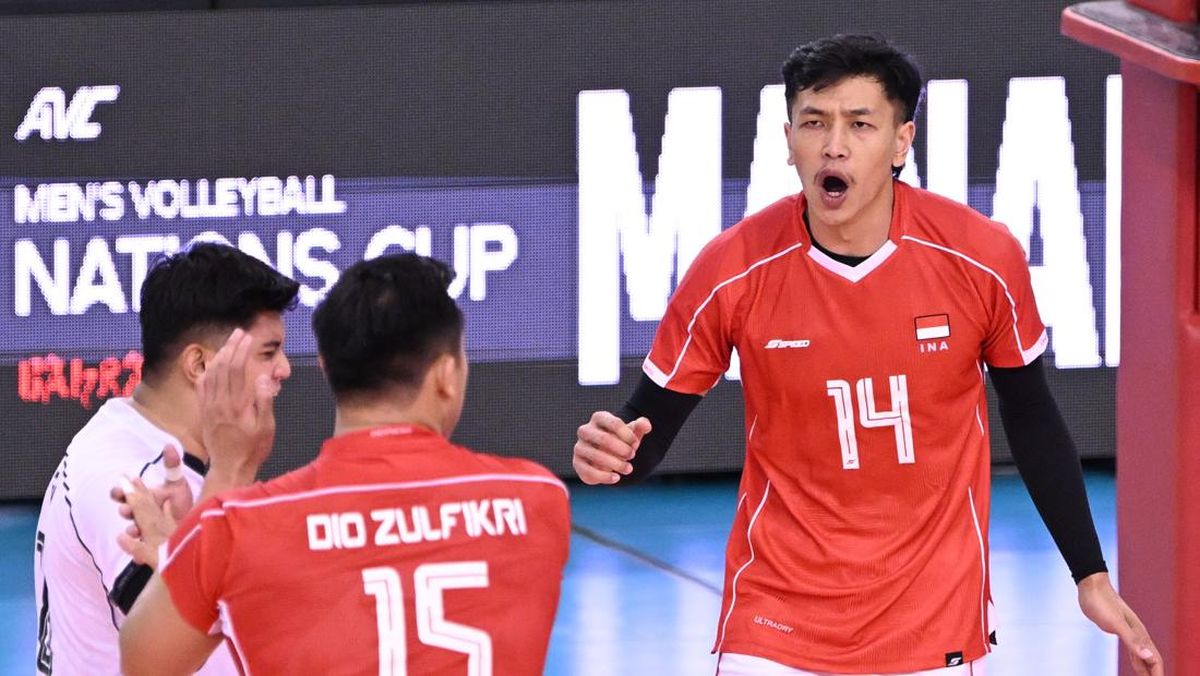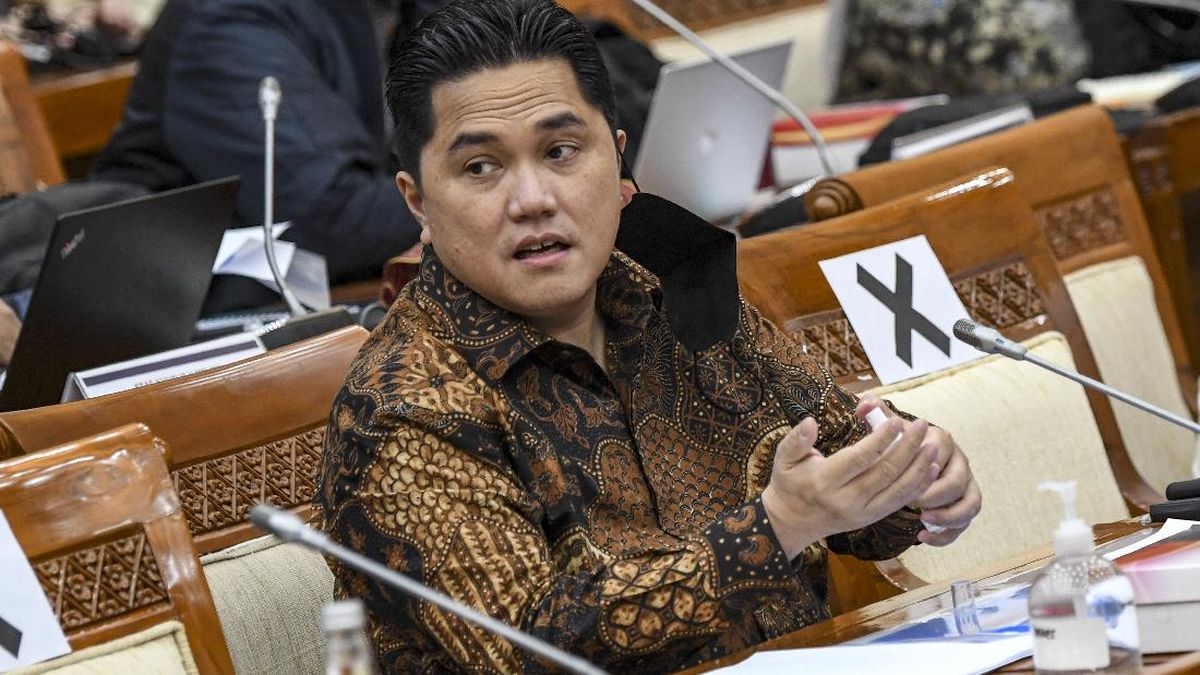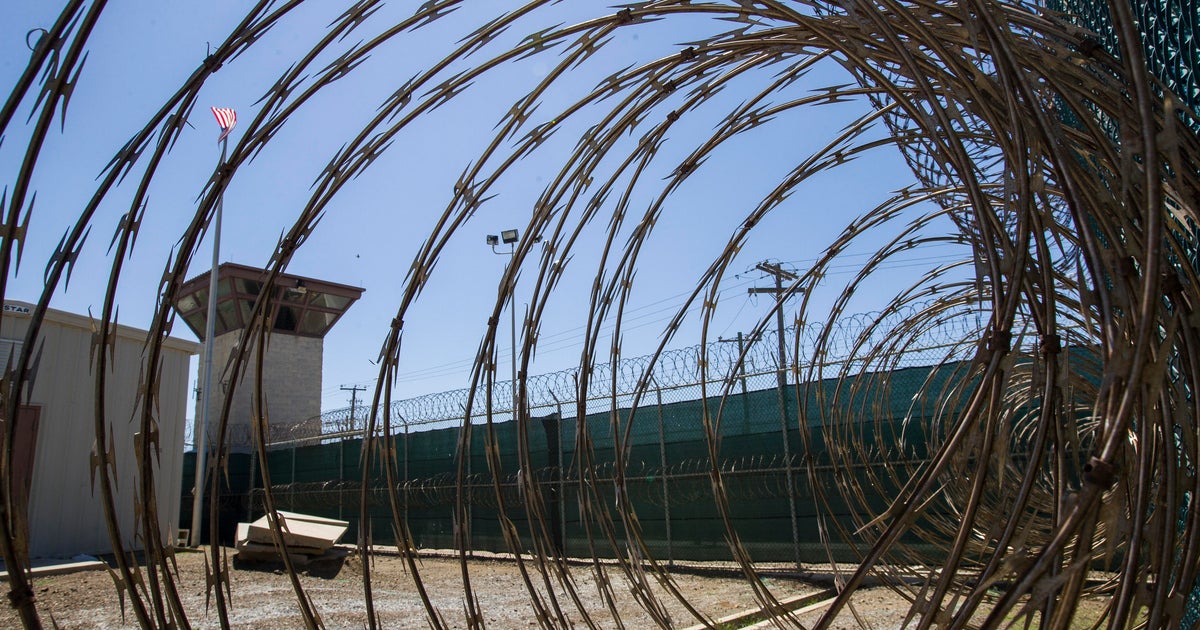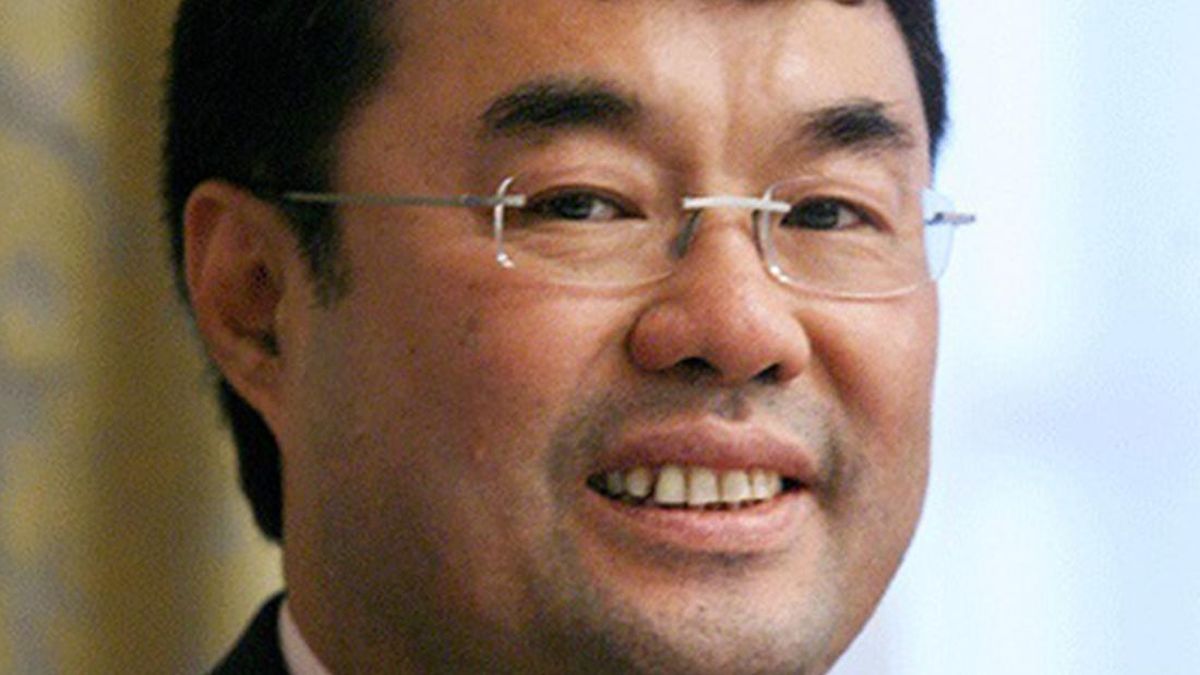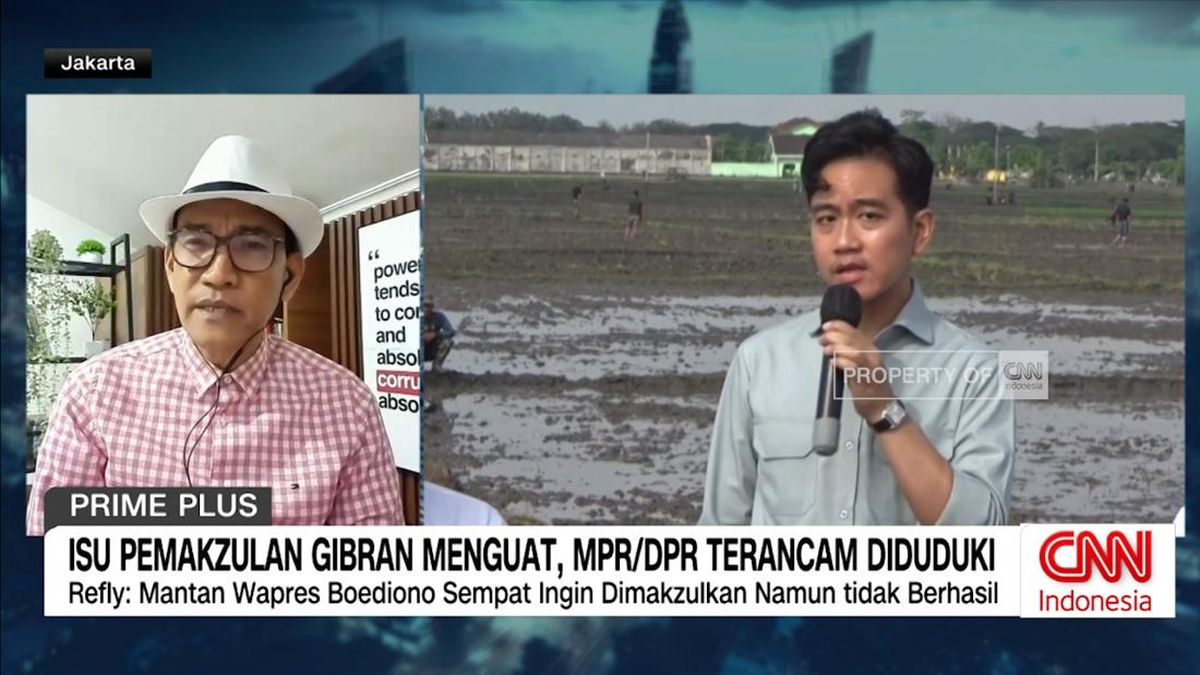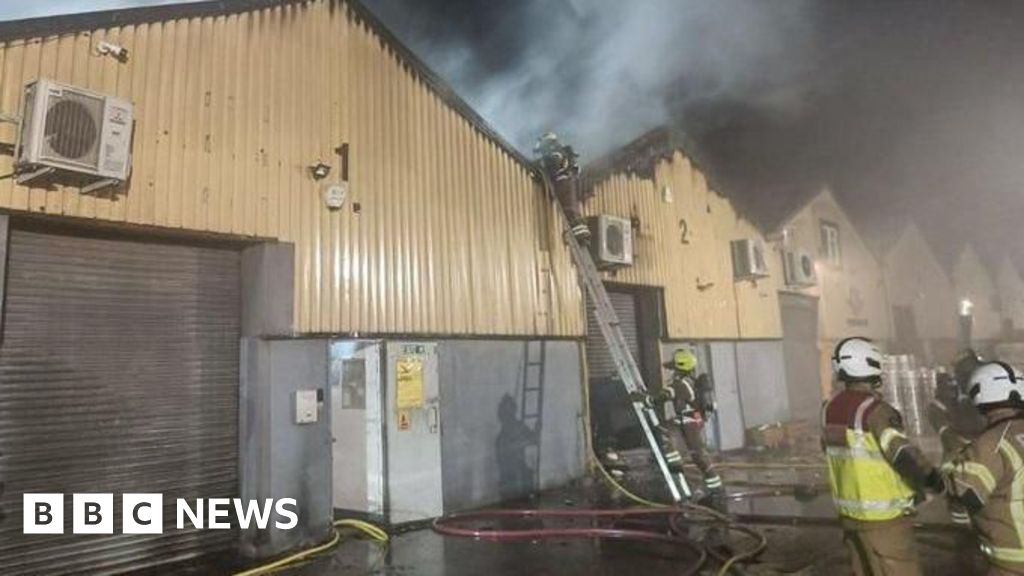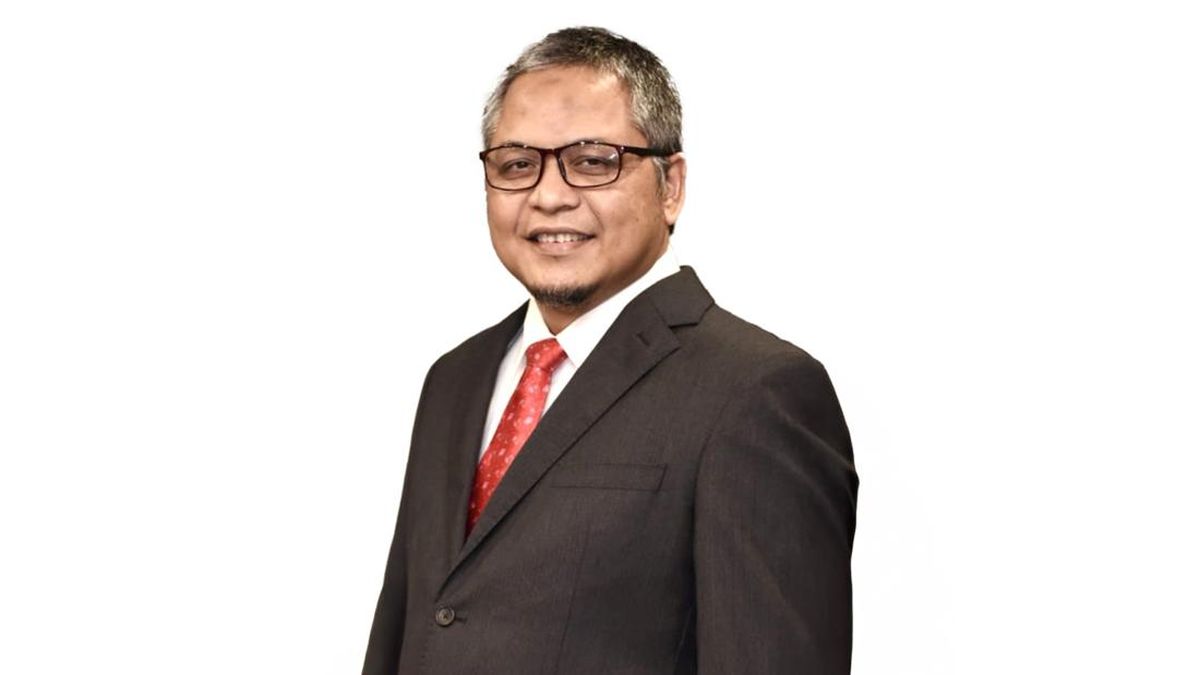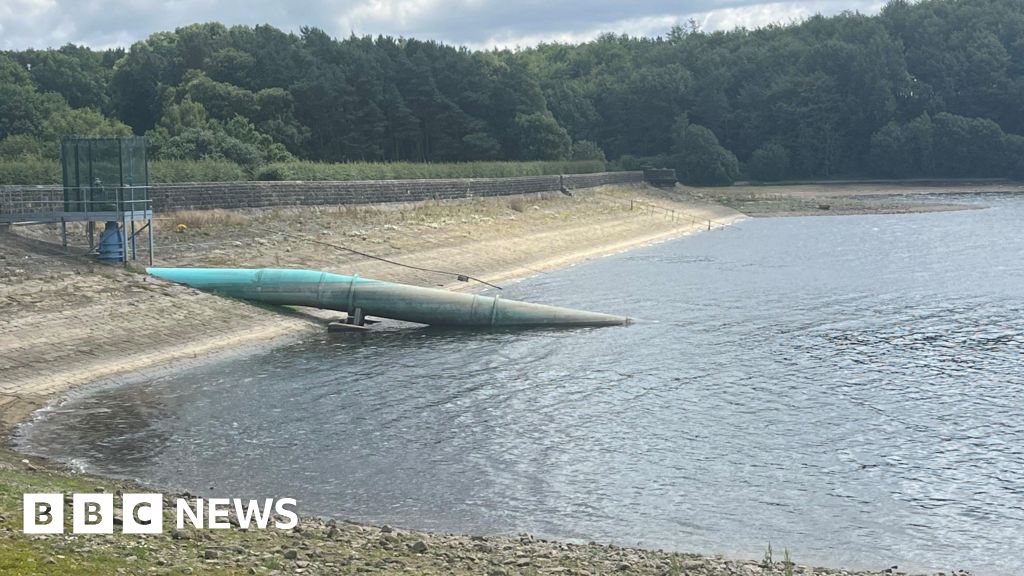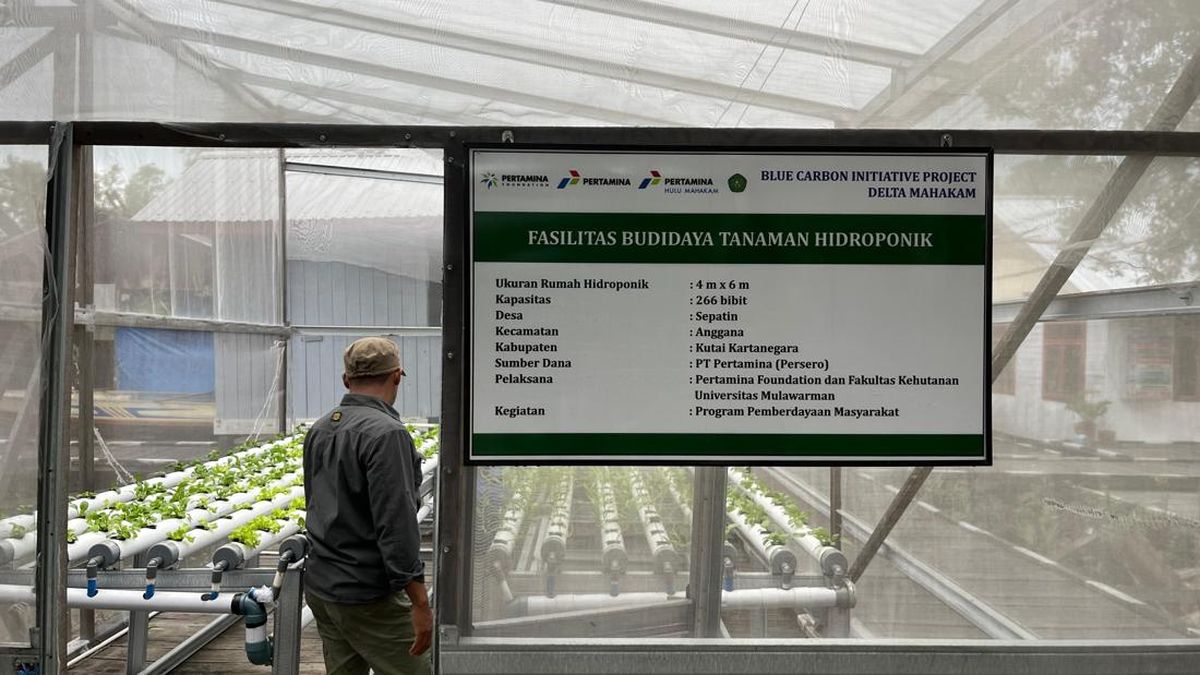Australia’s largest telco, Telstra, is expected to cut hundreds of jobs this week, taking an axe to its headcount amid pressure from investors to lift returns and trim costs.
The cuts could come as soon as Wednesday and were confirmed by four people with knowledge of the company’s plans. Telstra is embarking on a new five-year strategy designed to increase reliance on artificial intelligence technology.

Telstra boss Vicki Brady at Telstra’s investor day in May.Credit: Telstra
Telstra employs about 31,00 full-time-equivalent workers globally. The cuts are expected to be made across departments and will be felt “across the board”, one source close to the company said. A Telstra spokeswoman declined to comment.
The telco will face pressure to maintain service levels for its premium-paying customers despite employing fewer staff. Telstra last year slashed 2800 workers, a move chief executive Vicki Brady said at the time would save up to $350 million and help the telco stay competitive amid rising inflation and energy costs.
Those cuts were described as “very distressing” by Treasurer Jim Chalmers and a “national disgrace” by the Communications Workers Union.
Loading
Then, in January, Telstra announced a $700 million AI joint venture with consultancy giant Accenture, to build specialised AI tools for its teams to “work smarter and faster”. The telco at the time did not rule out job cuts as a result of the move, and said it would consult employees and unions about its use of artificial intelligence.
The telco is plotting the cuts as AI tears through the broader Australian workforce, with fears that as many as one in three workers are at risk of job loss from AI by 2030. Microsoft terminated 9100 global staff last week in its second mass cull in months.

Accenture global CEO Julie Sweet (left) has struck a joint venture with Telstra boss Vicki Brady.Credit: Telstra
Shares in Telstra are up about 20 per cent since the start of the year. The company provides retail mobile services to 22.5 million customers.
In May, Brady unveiled Telstra’s new five-year strategy alongside price rises for most of the company’s mobile and internet plans of between $3 and $5 per month.
Loading
The strategy, dubbed “Connected Future 30”, emphasises an increased reliance on artificial intelligence processes and data centres, amid what Brady described as “unrelenting” demand for data and connectivity. The strategy aims to lift returns from 8 per cent to 10 per cent annually.
Brady flagged with investors, however, that Telstra’s embrace of AI could result in job cuts.
“Our workforce will look different in 2030 as we develop new capabilities, find new ways to leverage technology – including AI – and we have to stay focused on becoming more efficient,” she told investors in May.
“We will need to continue to evolve, and our commitment is to always be transparent with our employees and act with care once we are clear on specific changes... We don’t know precisely what our workforce will look like in 2030, but it will be smaller than it is today.
Loading
“The environment that we’re competing in is fast changing, so we must move fast too.”
Chief financial officer Michael Ackland told investors that Telstra was “leaning in hard” on artificial intelligence opportunities.
“We spend over $2 billion per annum in operating costs across activities from sales to contact centres, activation, billing and customer management. And we think AI will revolutionise these activities.”
The Business Briefing newsletter delivers major stories, exclusive coverage and expert opinion. Sign up to get it every weekday morning.
Most Viewed in Business
Loading




